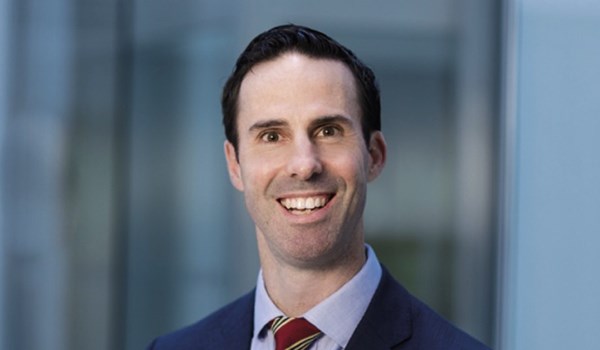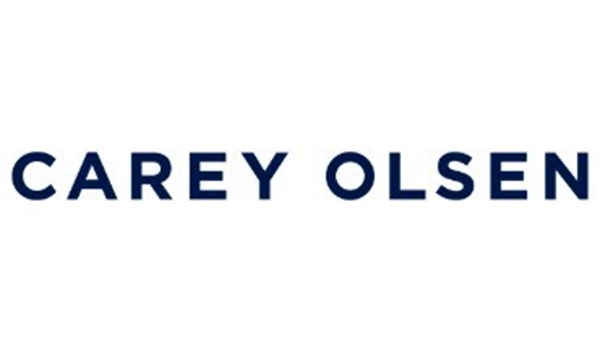For the second time in as many months, the Public Accounts Committee (PAC) has raised concerns over the work being done by HMRC, highlighting that the tax authority lost £5.5bn to business tax evasion in the 2022/23 financial year.
HMRC believes around 81% of this was lost to small businesses engaging in tax evasion. However, the PAC warns the financial figure is “likely to have [been] underestimated”.
Companies House and the Insolvency Service have also been partly blamed and urged to “develop a plan for more effective joint working” with HMRC to reduce revenue losses to tax evasion.
The PAC is a parliamentary select committee, comprised of MPs from across the House of Commons. It examines the value for money the public benefits from concerning government spending and service delivery.
Tax office lacking “clear strategy” to tackle issue
The PAC’s most recent report – available in full here – set out a number of areas of concern and areas in which it expects HMRC to improve.
One issue the PAC was “disappointed” by was the fact HMRC has “continued to bombard a taxpayer” with letters seeking unpaid taxes “as a result of businesses fraudulently registering their home address for VAT purposes”.
This is despite the PAC having lobbied HMRC for action on this particular case, alongside the “wider issue” of VAT registration fraud which the authority has yet to resolve. HMRC’s tendency to send correspondence in such a manner will be familiar to many contractors affected by the Loan Charge scandal.
Other key concerns included the fact that “HMRC does not have a clear objective or strategy to tackle tax evasion”. The PAC has called on HMRC to “clearly” set out its aims for tackling “deliberate non-compliance, including tax evasion”.
The tax office has found itself on the receiving end of repeated criticism from the PAC in recent years, primarily for its declining customer service levels. Most recently, this included suggestions it had intentionally degraded its telephony services to drive taxpayers to use its online services instead.
Evasion losses could be “tip of the iceberg”
Commenting on the report, the Chair of the Public Accounts Committee, Sir Geoffrey Clinton-Brown MP, expressed “deep concern” over the extent of tax evasion uncovered. He also suggested these findings “could just be the tip of the iceberg”.
Taking aim at HMRC, Clinton-Brown said “our own tax authority has not [been] sufficiently curious” in investigating the extent of revenue lost to tax evasion.
Acknowledging “the inherent difficulty” and complexity of the situation, he said it was “clear that more must be done to clamp down on fraud and root out the bad actors who are taking advantage of loopholes in the system”.
Ending on a positive note, Clinton-Brown recognised the “more joined-up approach” to tackling tax evasion between HMRC, Companies House and the Insolvency Service, and urged the government to “get a tight grip on this issue to prevent further tax funds being lost unnecessarily”.



